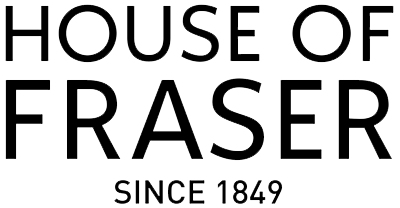Ecommerce return rates have never been higher. They have grown dramatically by 95% over the past five years, while return deliveries are predicted to cost businesses $550 billion by 2020.
Online fashion giant ASOS, for example, estimates that 25% of UK women’s orders are returned, with this estimate rising to a massive 70% for orders in Germany. In December 2018, the company issued a profit warning citing increased discounting as part of its poor performance – a symptom of unmanageable return rates.
Ecommerce returns are a growing challenge facing every segment of the online retail sector. Recent research by Website Expert Builder reveals that:
- Clothing and footwear is returned most, 75% of post-holiday returns fall into the clothing and accessories category
- Electronics (27%) and shoes (23%) come second and third, meaning that clothing is returned nearly three times as much as the next two most prevalent product ranges, tipping the scales against the industry
- Germans return over half (52%) of their online purchases, making them the most fickle consumers in Europe; the Dutch come second, returning 50%, and UK consumers third, returning 41%
- Nearly 60% of people say they return products because they are defective — indicating that quality control is essential to reduce return rate.
The research suggests that accurate product descriptions, photos and videos are essential for ecommerce to be successful. Returns aren’t going away, so to really future-proof their business model, companies need to find innovative ways to ensure ‘fit’ and improve the speed and efficiency of their reverse supply chain to ensure goods can be returned and resold as quickly as possible while still making an appropriate level of profit.
The burden of retail returns has become so onerous that some retailers are considering cracking down on dishonest shoppers who wear clothing before attempting to return it.
According to new research conducted by resource planning platform Brightpearl, which asked more than 200 retailers across the UK about the trouble they face, more than a third of shops have seen an increase in serial returns over the last year.
As a result, 45% of retailers, including ASOS and Harrods, said they were planning to blacklist repeat offenders.
Online fashion retailer ASOS said it had resorted to checking people’s social media accounts in a bid to catch out consumers who wear clothes before sending them back, and falsely claim they have not received items bought online.
In such cases ASOS’ security team checks customers’ Instagram and Facebook posts to see if they have photographed themselves wearing the item.
However, ASOS denied the procedure was designed to check up people who simply return unwanted items, saying it is something customers are “within their rights” to do.
An article published by The Telegraph also claimed that Harrods salesmen had refused loyalty card holders refunds after looking at their purchase history to find suspiciously large numbers of returns over a short space of time.
The article also suggested that Harrods sales associates often monitor clients’ social media accounts to check what they are wearing.


















